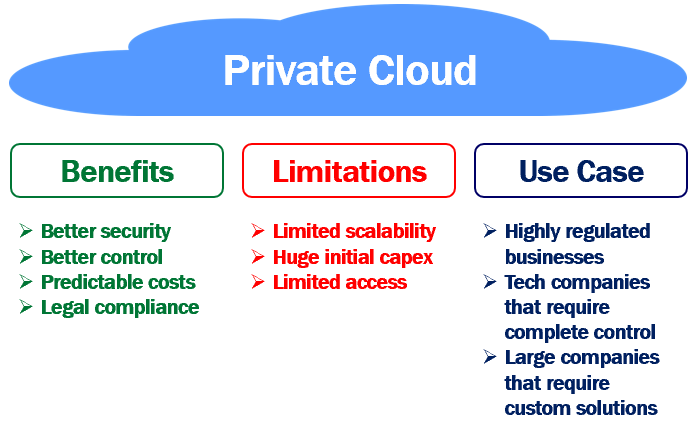The projected Private Cloud Services CAGR (Compound Annual Growth Rate) reflects a sustained and robust demand from enterprises prioritizing control, security, and performance. This steady growth is not fueled by a single factor but by a convergence of strategic business needs. A primary driver is the increasing complexity of cybersecurity threats. As cyberattacks become more sophisticated, many organizations, particularly those handling sensitive financial or personal data, are choosing to repatriate critical workloads from public clouds to more secure, single-tenant private environments. This "cloud repatriation" trend is a direct response to the desire for a more defensible security perimeter and greater visibility into network traffic, which is inherently more achievable in a private cloud. This security-first approach is a major contributor to the market's consistent and positive growth trajectory. The Private Cloud Services Market size is forecasted to experience growth at a compound annual rate of 9.00% during the 2025-2035 period.
Furthermore, the need for predictable performance and the avoidance of "noisy neighbor" issues are significant factors underpinning the market's CAGR. In a multi-tenant public cloud, the performance of one application can be affected by other tenants on the same physical hardware. For latency-sensitive and mission-critical applications, such as high-frequency trading or real-time industrial analytics, this variability is unacceptable. A private cloud provides dedicated resources, ensuring consistent and predictable performance that can be tailored to the specific demands of the workload. As businesses deploy more applications where every millisecond counts, the investment in a dedicated infrastructure becomes a competitive necessity, thereby sustaining the market's healthy growth rate over the long term and solidifying its position within enterprise IT budgets.
The rise of data-intensive technologies like Artificial Intelligence (AI), Machine Learning (ML), and the Internet of Things (IoT) is also contributing significantly to the market's expansion. Training large AI models and processing massive volumes of IoT data often require specialized hardware (like GPUs) and generate enormous datasets. Many organizations prefer to keep this valuable data and the associated intellectual property within their own secure infrastructure for both cost and security reasons. Private clouds offer the ability to build custom, high-performance computing environments optimized for these specific workloads. The ability to co-locate massive data stores with powerful compute resources without incurring exorbitant data egress fees from public clouds makes private cloud an economically and strategically sound choice for these next-generation applications.
Finally, the global push towards data sovereignty is a powerful and enduring tailwind for the private cloud market. Governments around the world are implementing stricter regulations that dictate where their citizens' data can be stored and processed. This requires companies to have a physical data presence within specific geographic borders. A private cloud, whether on-premises or hosted within a specific country, provides a clear and auditable solution to these data residency requirements. As globalization continues, but data regulations become more localized, the need for private cloud solutions that can guarantee data location will only intensify. This regulatory landscape provides a strong, non-negotiable driver for market growth, ensuring a stable and predictable expansion for the foreseeable future.
Explore Our Latest Trending Reports:
Baggage And Parcel Screening Market



